The digital media landscape has witnessed a seismic shift as Penske Media Corporation, the powerhouse behind Rolling Stone, Billboard, and Variety, filed a groundbreaking lawsuit against Google on September 13, 2025. This marks the first time a major U.S. publisher has taken the tech giant to court over its AI-generated search summaries, setting a potentially defining precedent for how artificial intelligence interacts with copyrighted journalism.
The Core of the Legal Battle
At the heart of this federal lawsuit lies a fundamental question about digital ownership and fair compensation in the AI era. Penske Media alleges that Google's "AI Overviews" feature unlawfully uses its journalism to create summaries without permission, effectively keeping users on Google's platform instead of directing them to sources.
The media conglomerate, which attracts over 120 million monthly online visitors, claims approximately 20% of Google searches linking to its sites now feature these AI summaries—a percentage expected to rise dramatically. This shift has translated into devastating financial consequences, with Penske reporting that affiliate revenue has plummeted by more than one-third from its peak by the end of 2024.
"As a leading global publisher, we have a duty to protect PMC's best-in-class journalists and award-winning journalism as a source of truth," stated Jay Penske, chairman and CEO of PMC. "Furthermore, we have a responsibility to proactively fight for the future of digital media and preserve its integrity – all of which is threatened by Google's current actions".
Google's Monopolistic Leverage
The lawsuit strategically leverages Google's antitrust vulnerabilities, referencing a 2024 federal court finding that the company controls nearly 90% of the U.S. search market. Penske argues that this dominance allows Google to impose one-sided terms, forcing publishers to surrender their content for AI training or risk being excluded from search results entirely.
This creates what the lawsuit describes as an impossible choice: publishers must either allow Google to use their content without compensation or face digital invisibility. The complaint contends that in a competitive market, Google would be compelled to negotiate fair licensing agreements and compensate content creators for their work.
Industry-Wide Implications
Penske's legal action represents more than an isolated dispute—it's a bellwether case for the entire publishing industry. The lawsuit follows similar actions by education platform Chegg in February 2025 and reflects broader concerns among news organizations about AI's impact on traditional revenue models.
Google has defended its AI Overviews, with spokesperson Jose Castaneda stating that the feature "enhances user experience and broaden[s] traffic to a diverse range of websites". However, industry data suggests otherwise, with publishers reporting traffic declines of up to 25% since the feature's widespread rollout.
The Future of Digital Publishing
This landmark case could fundamentally reshape how AI companies interact with copyrighted content, potentially establishing new standards for compensation and consent in the digital age. As AI technology continues to evolve, the outcome of Penske's lawsuit may determine whether publishers can maintain sustainable business models or face an existential threat from increasingly sophisticated content aggregation systems.
The legal battle highlights a crucial tension between technological innovation and intellectual property rights, with implications that extend far beyond the media industry to all content creators operating in the digital ecosystem.



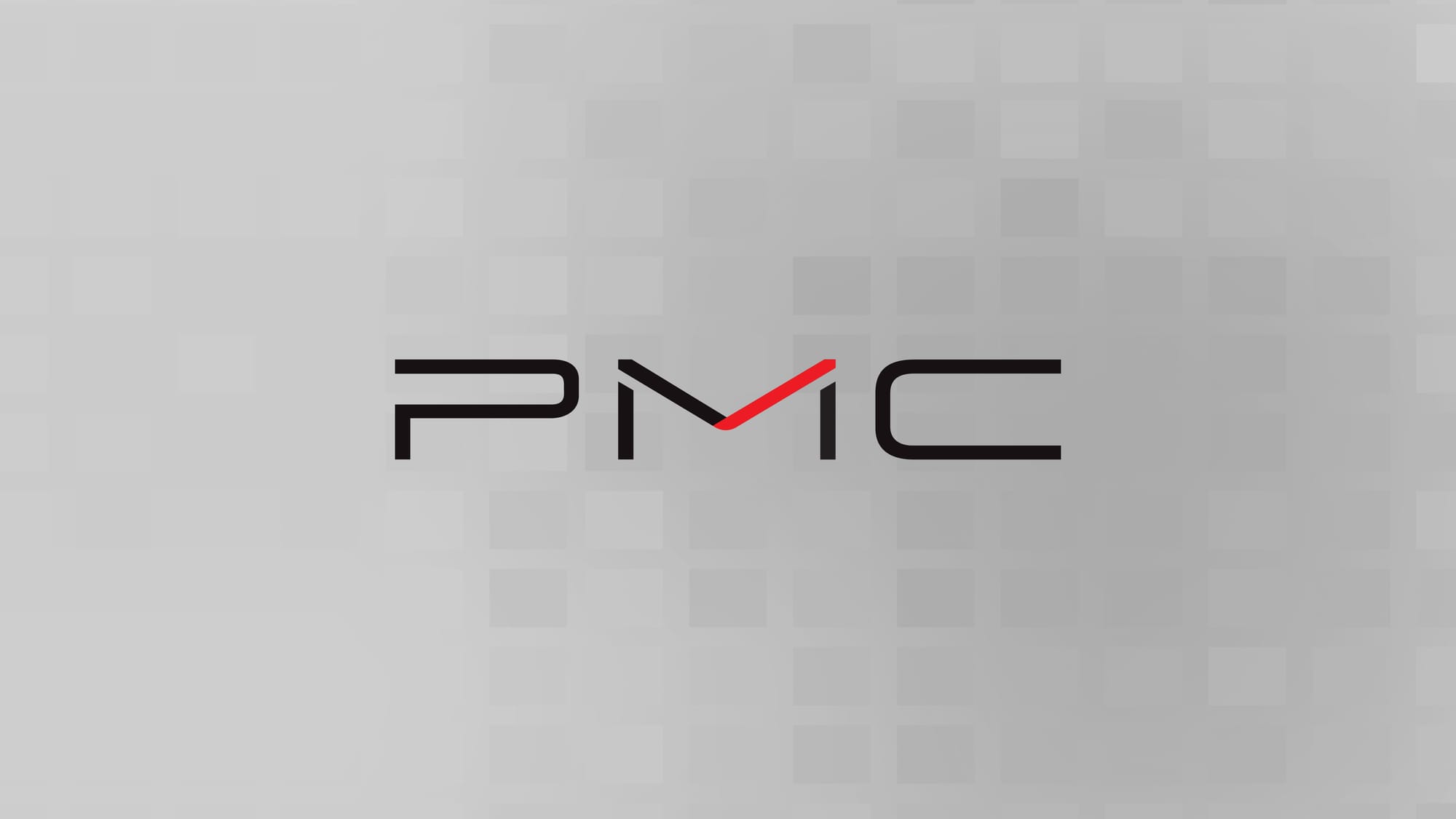
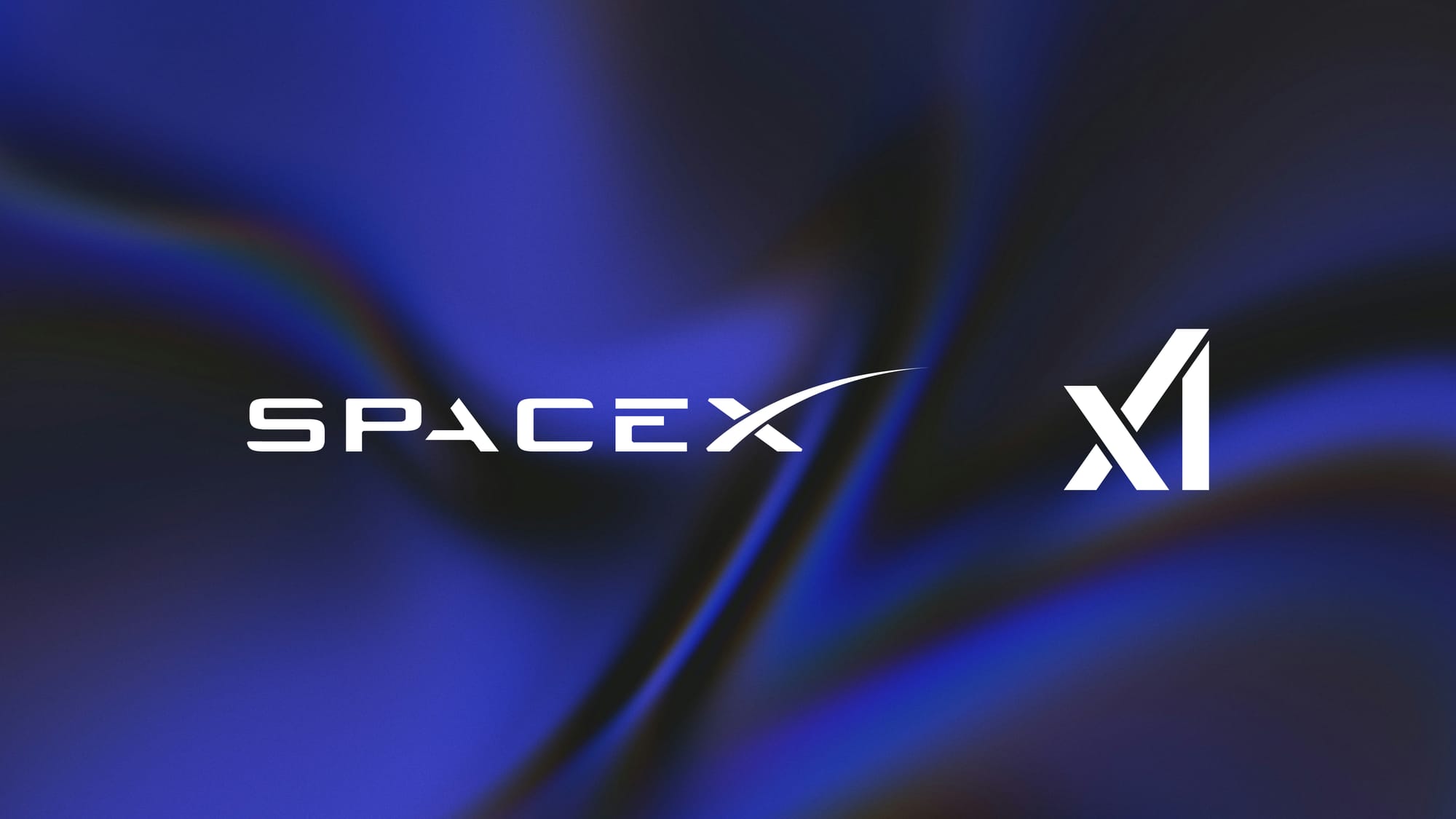
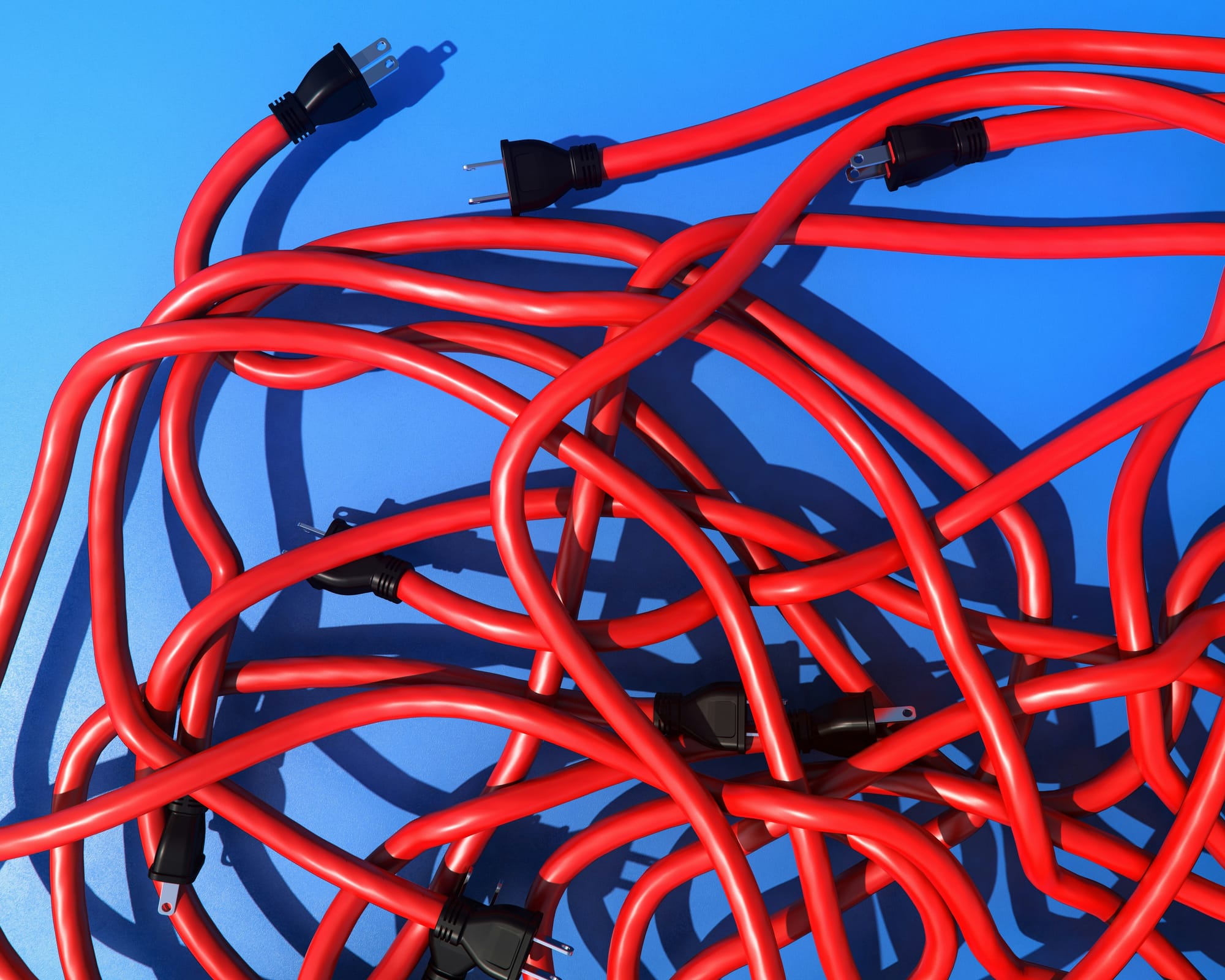



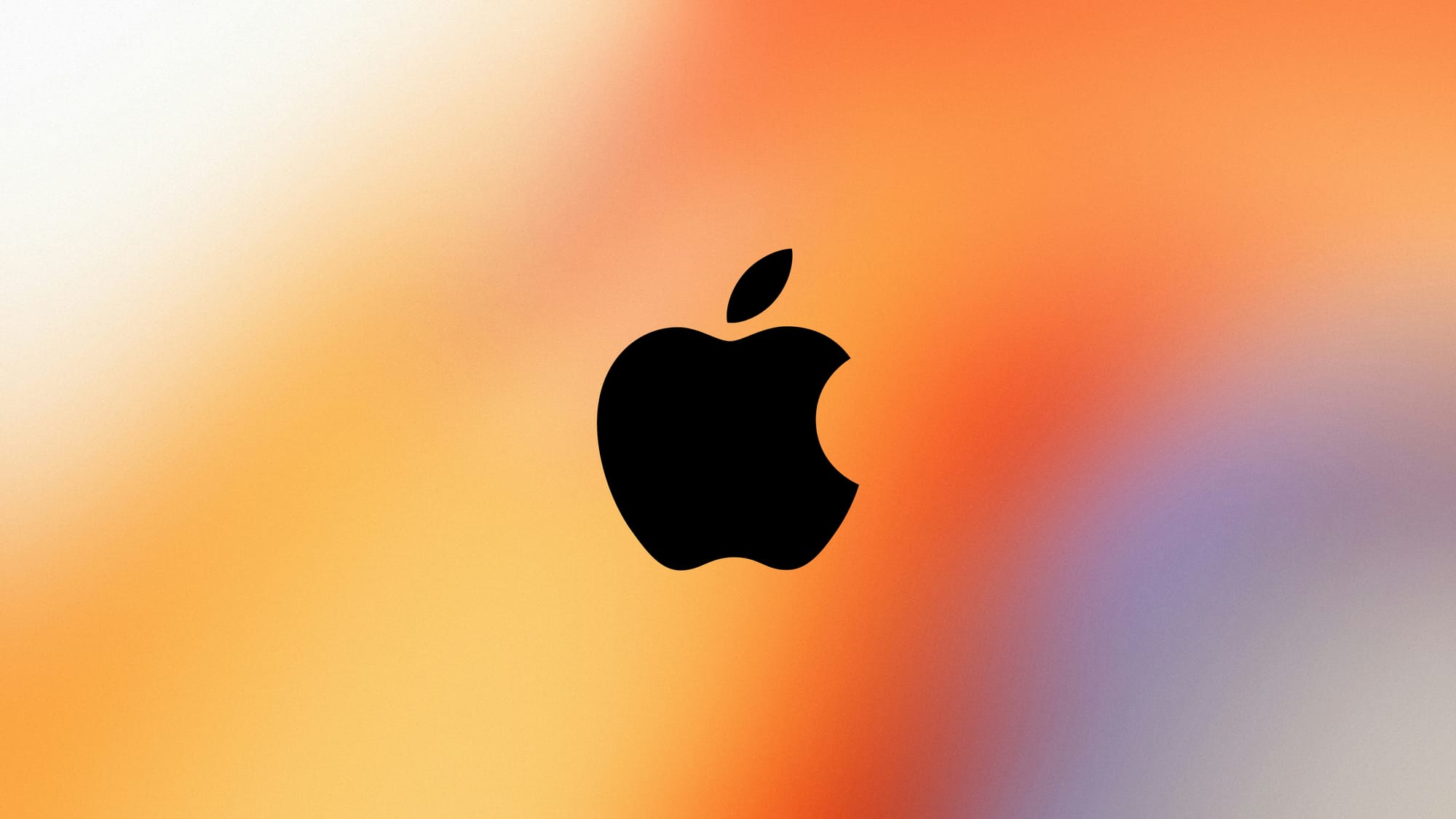
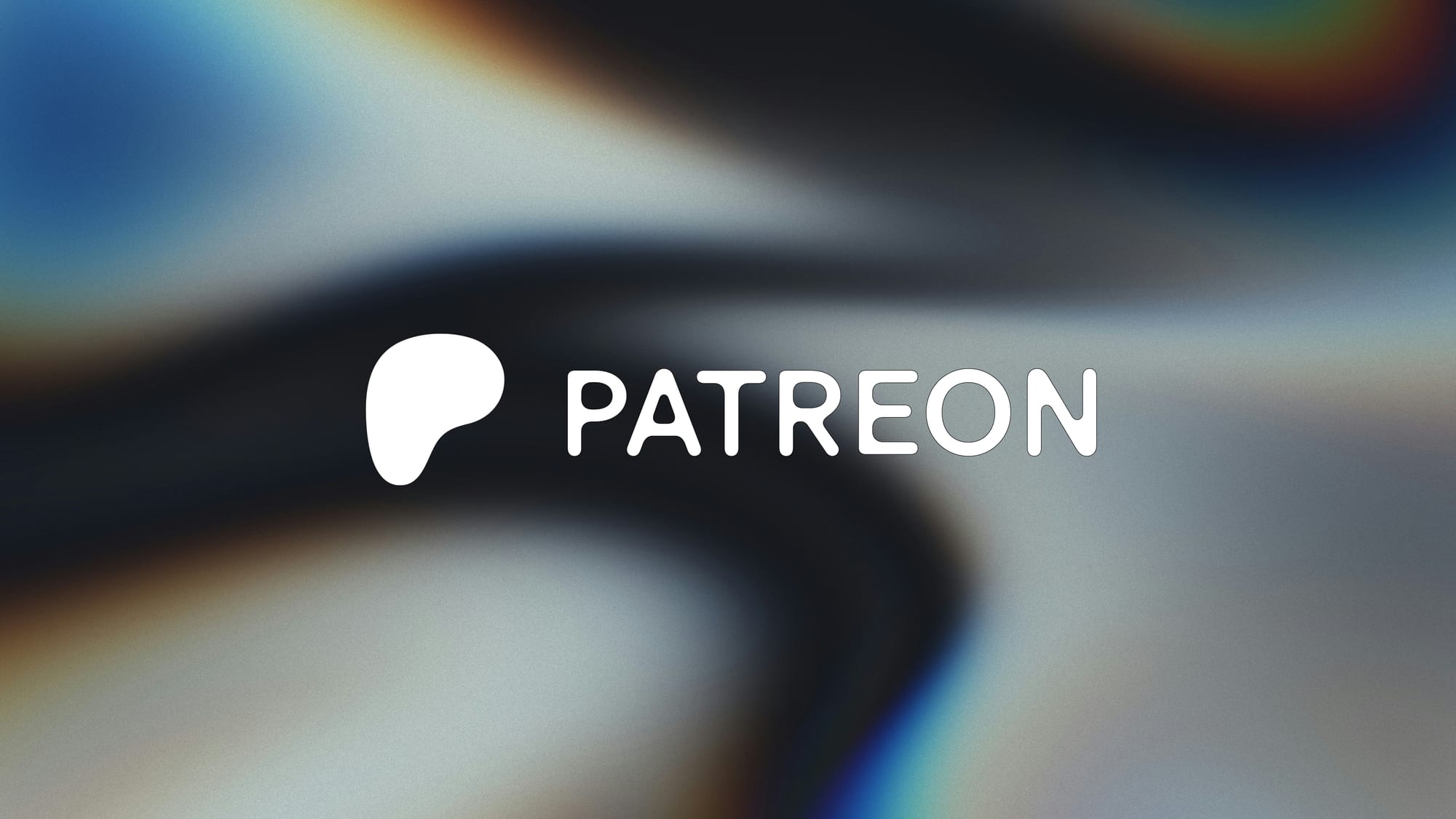
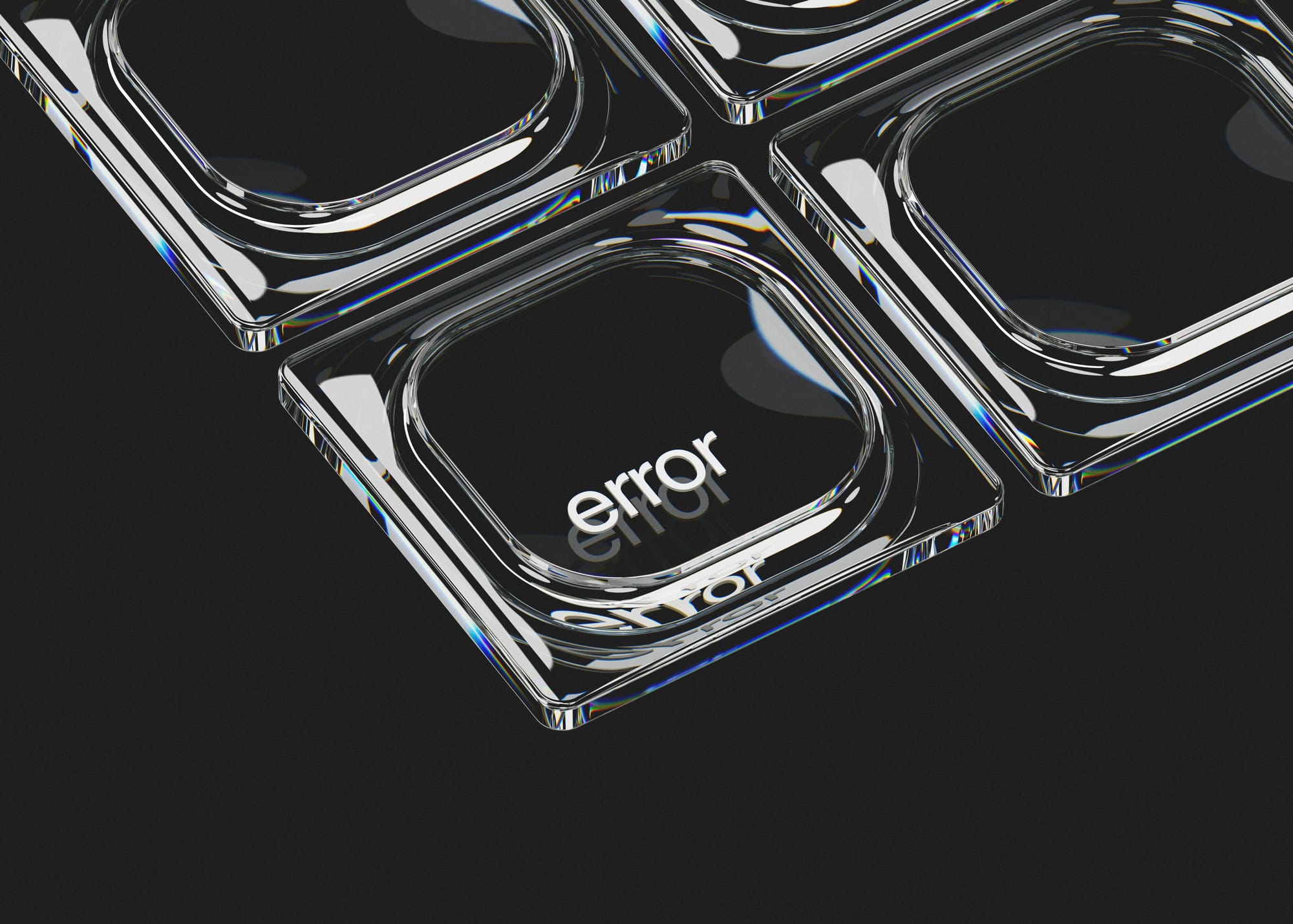


Discussion